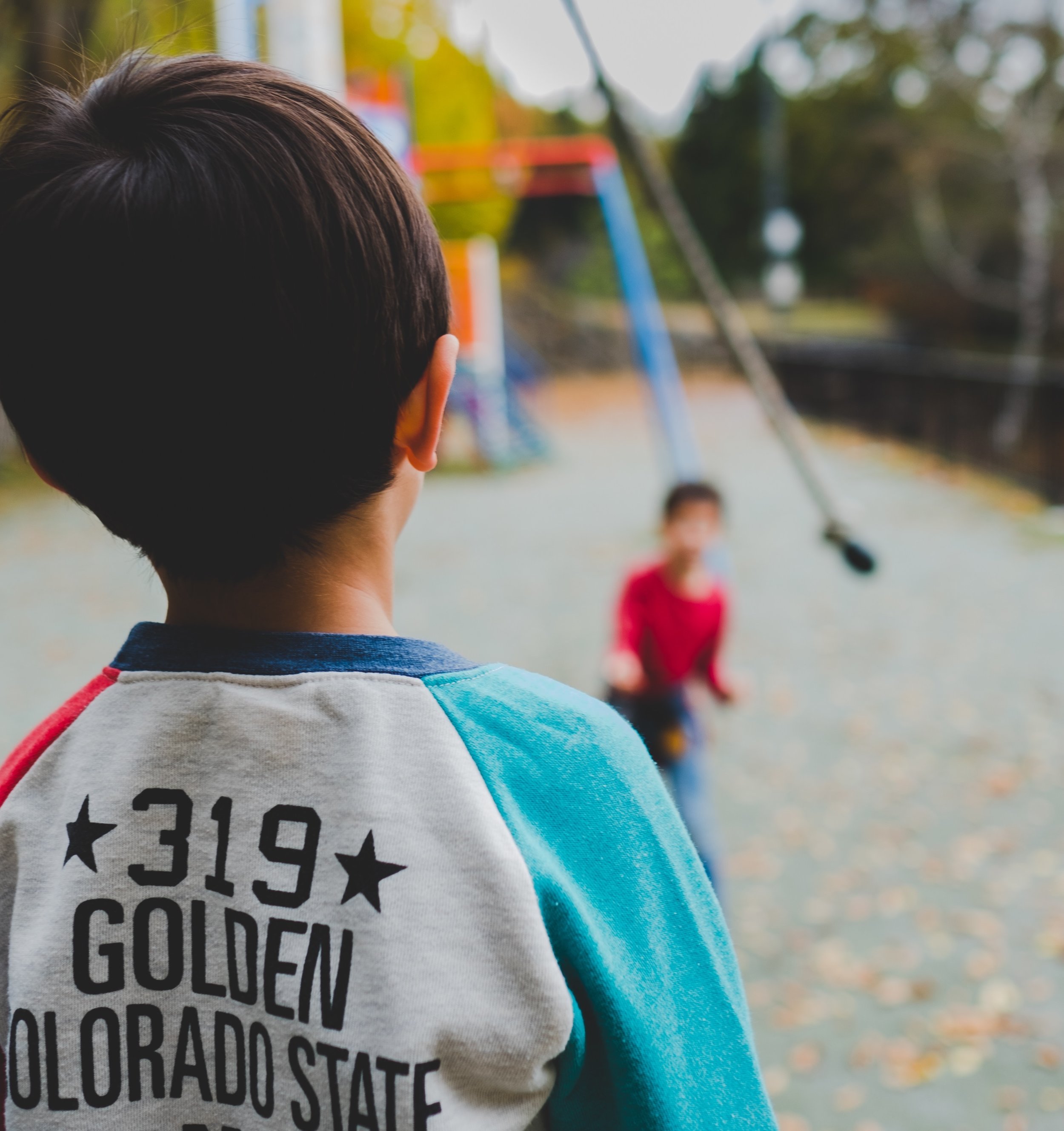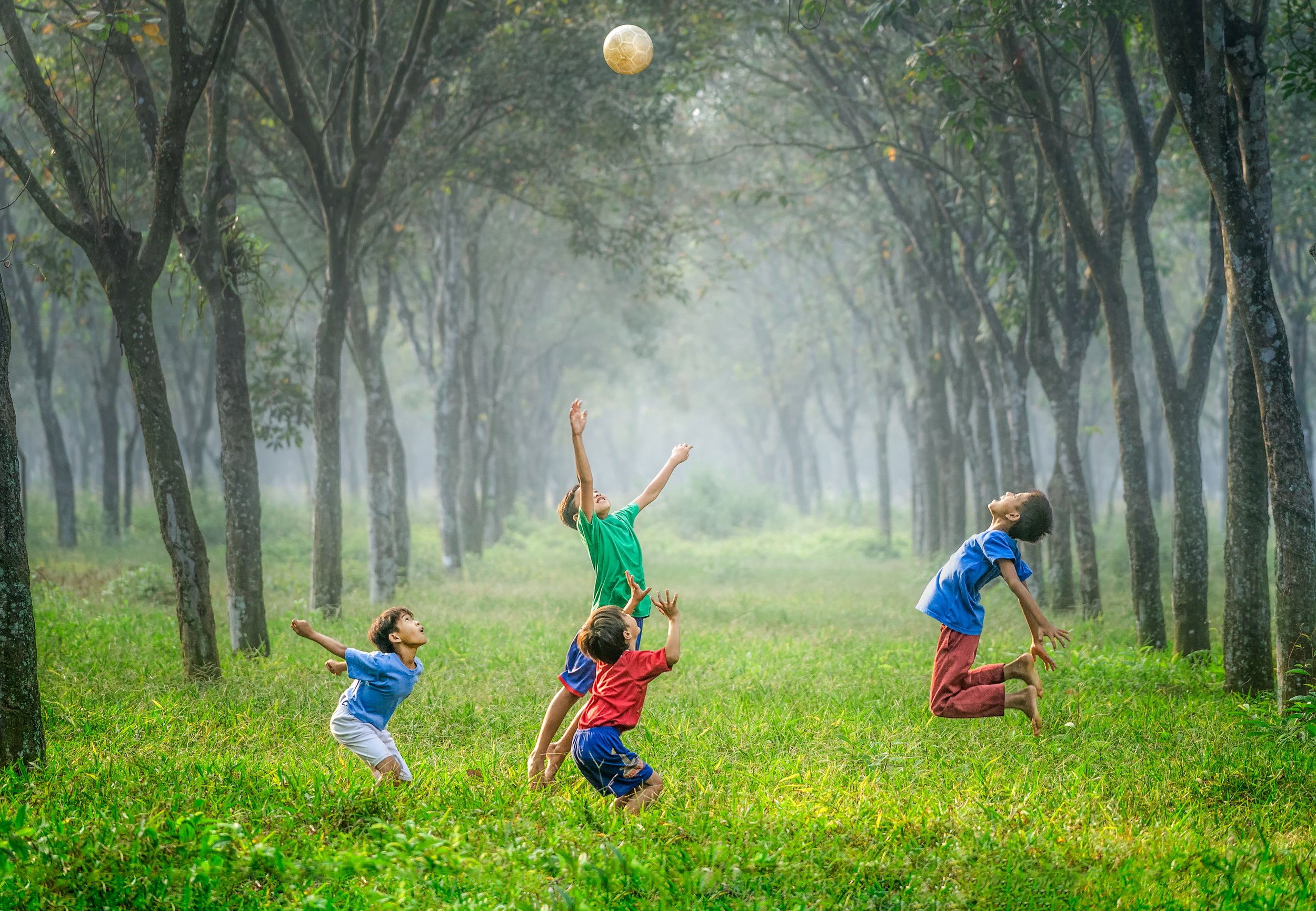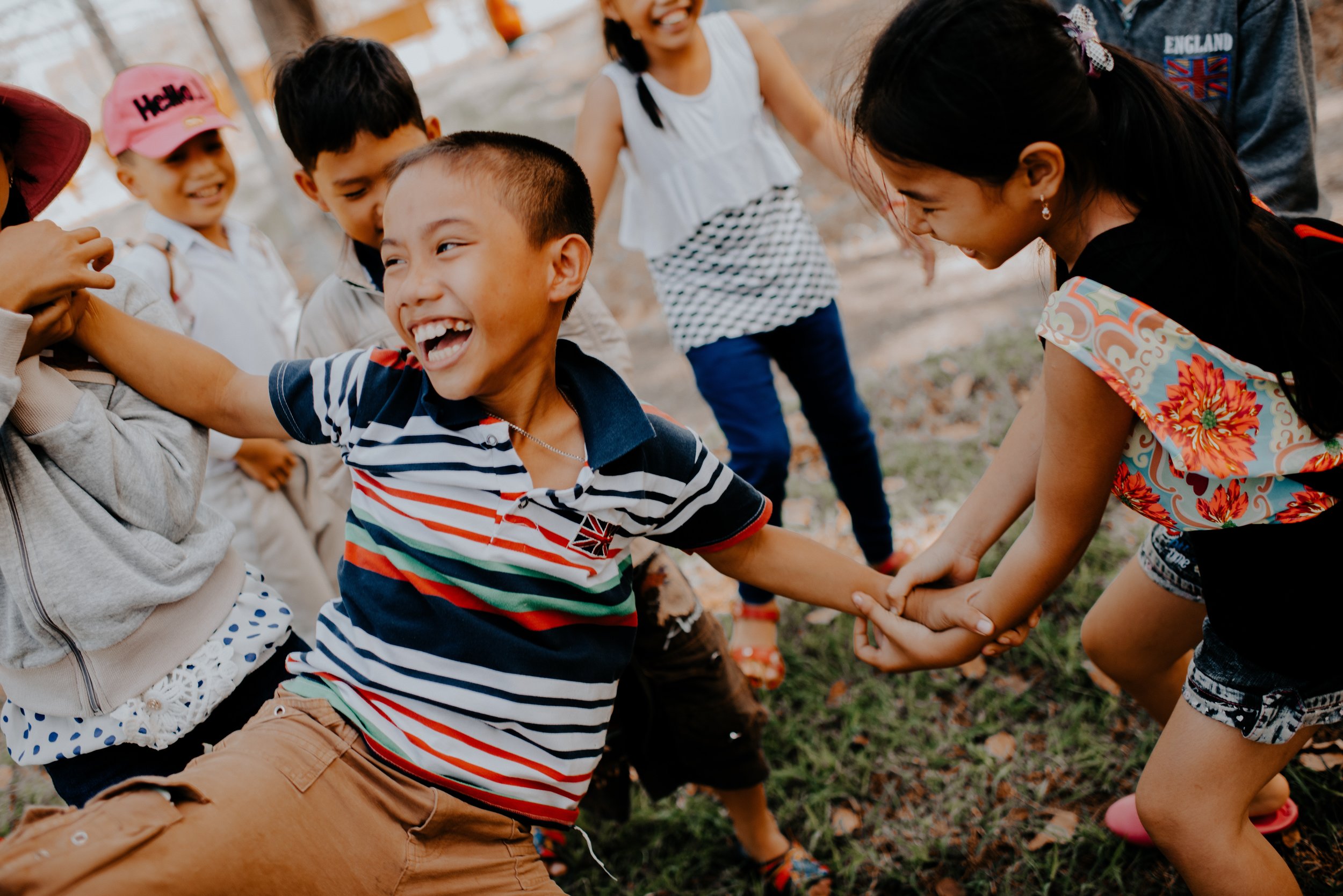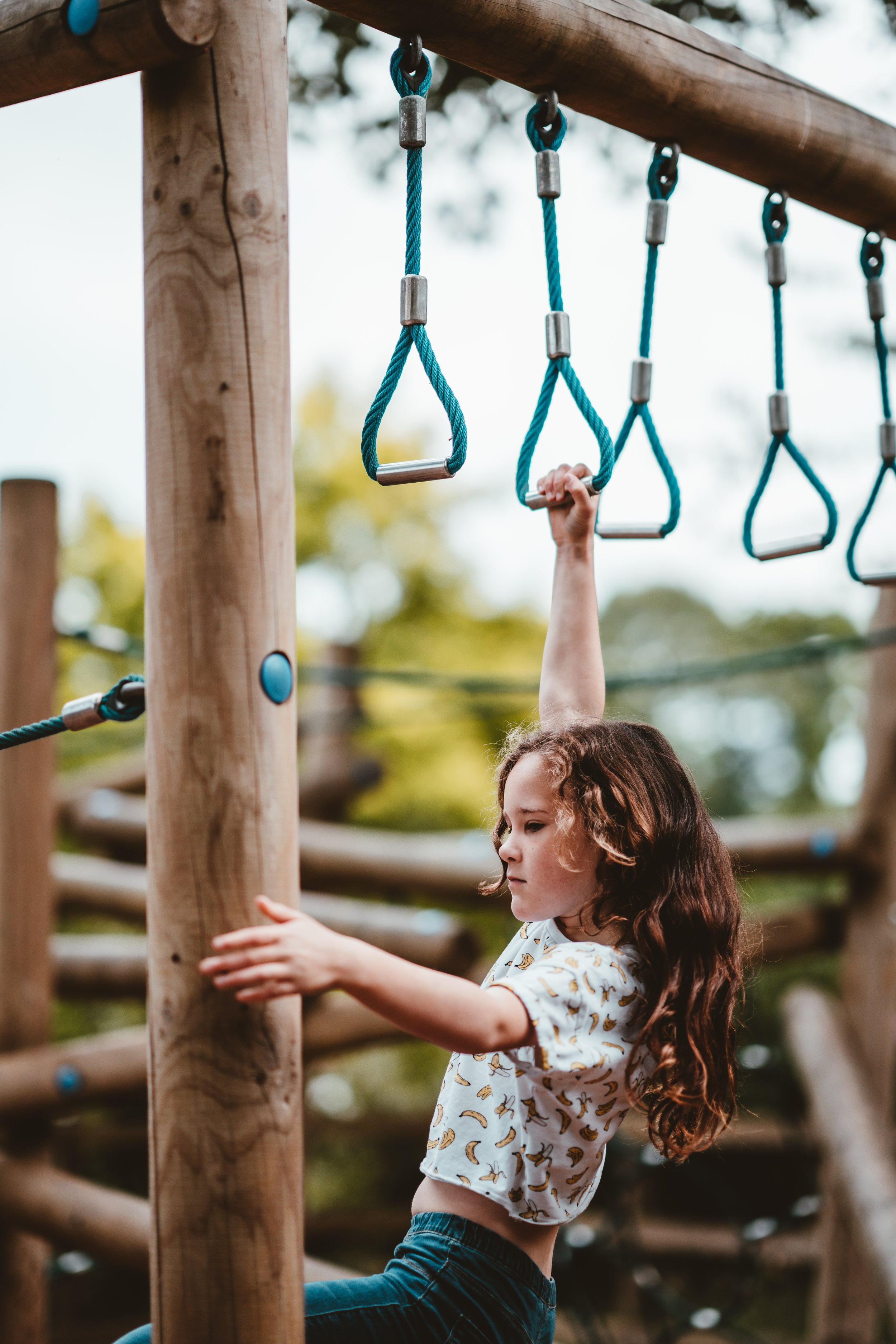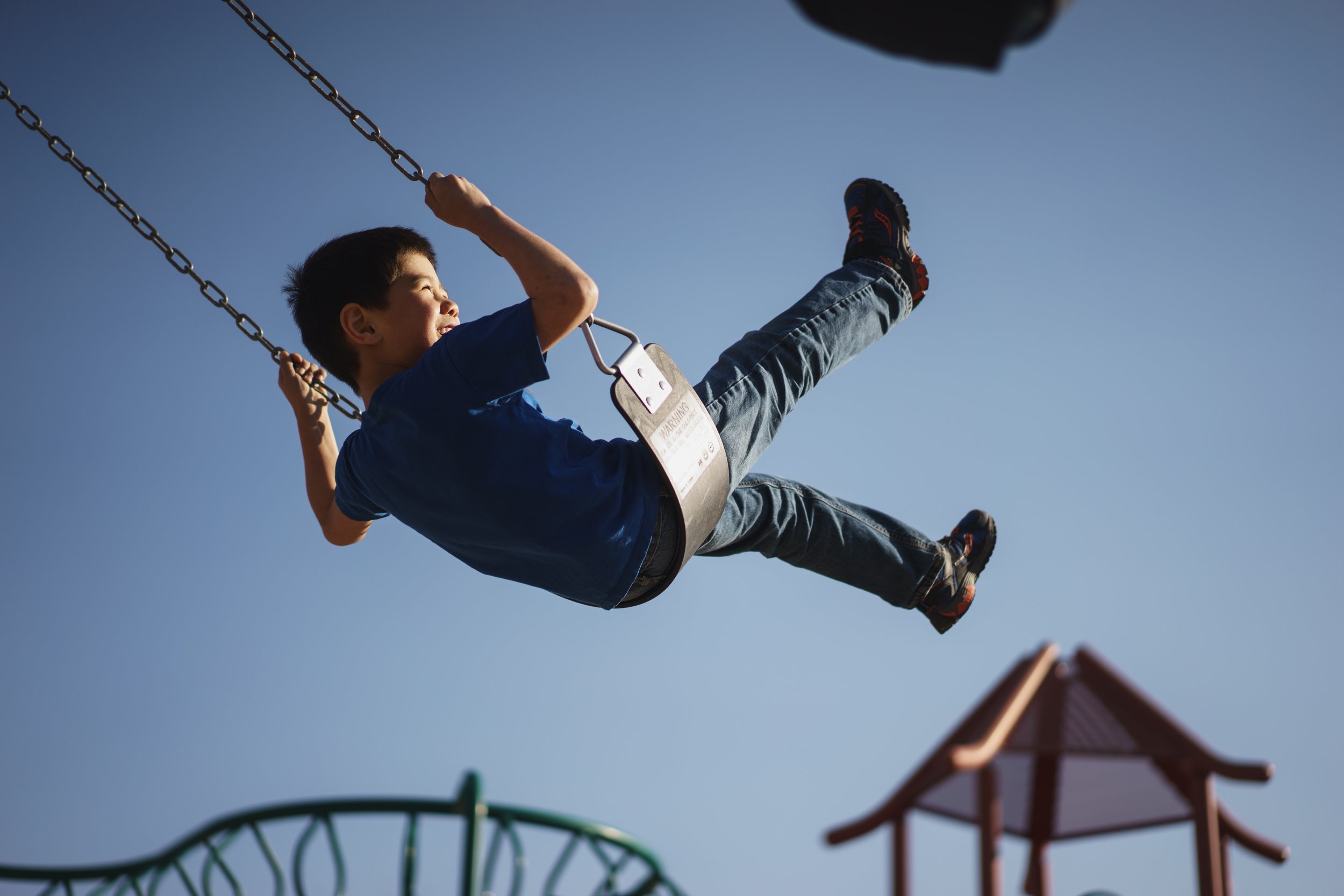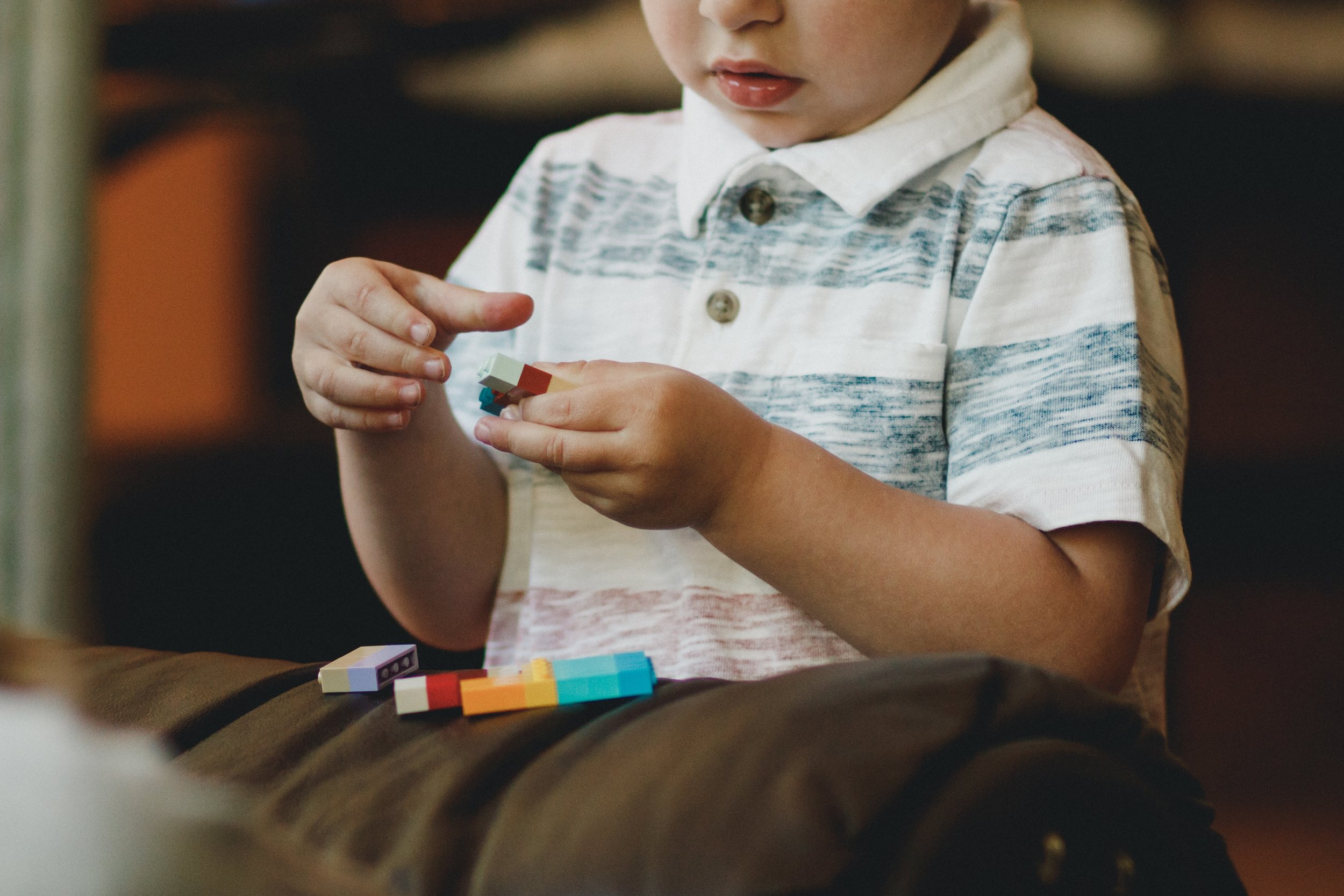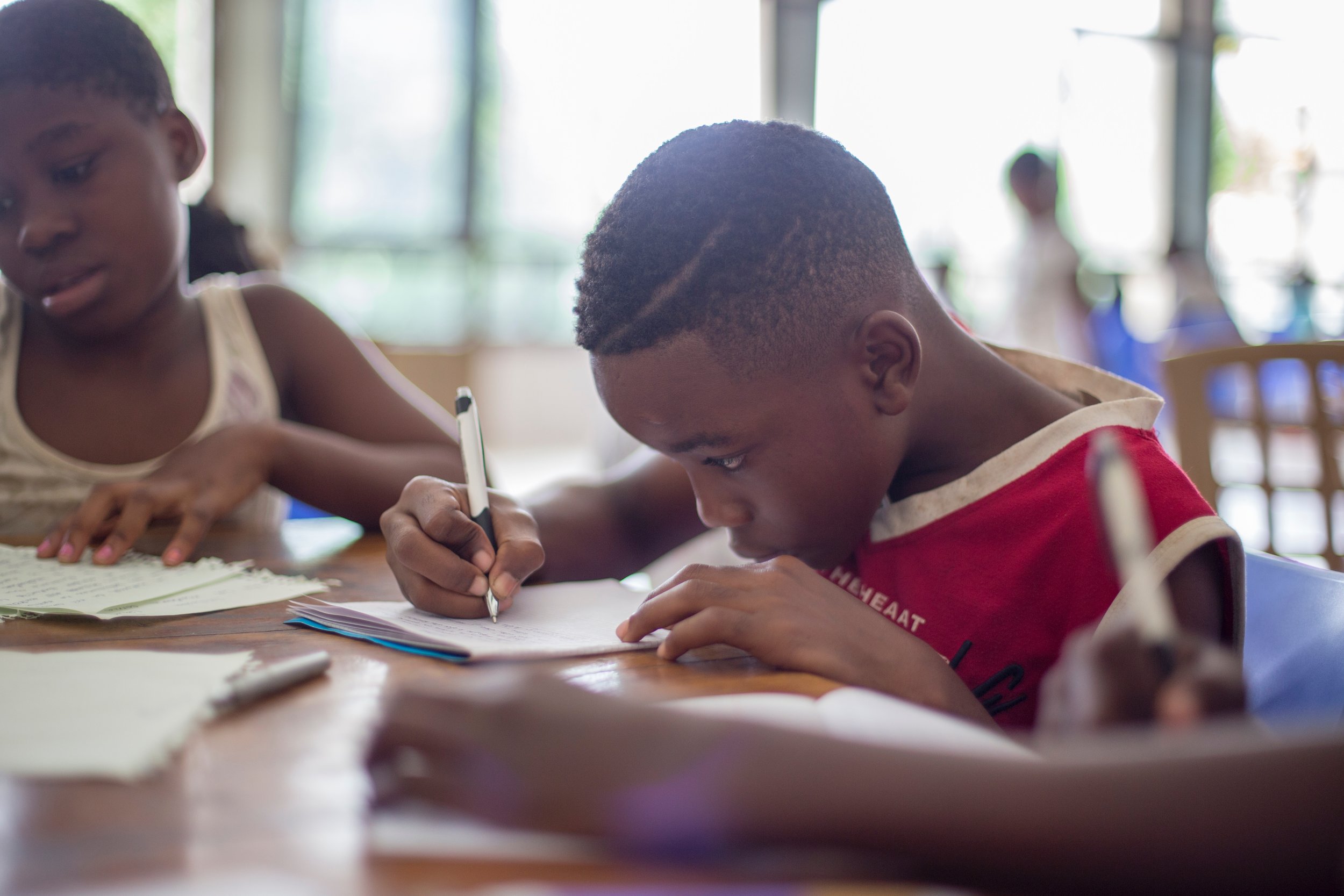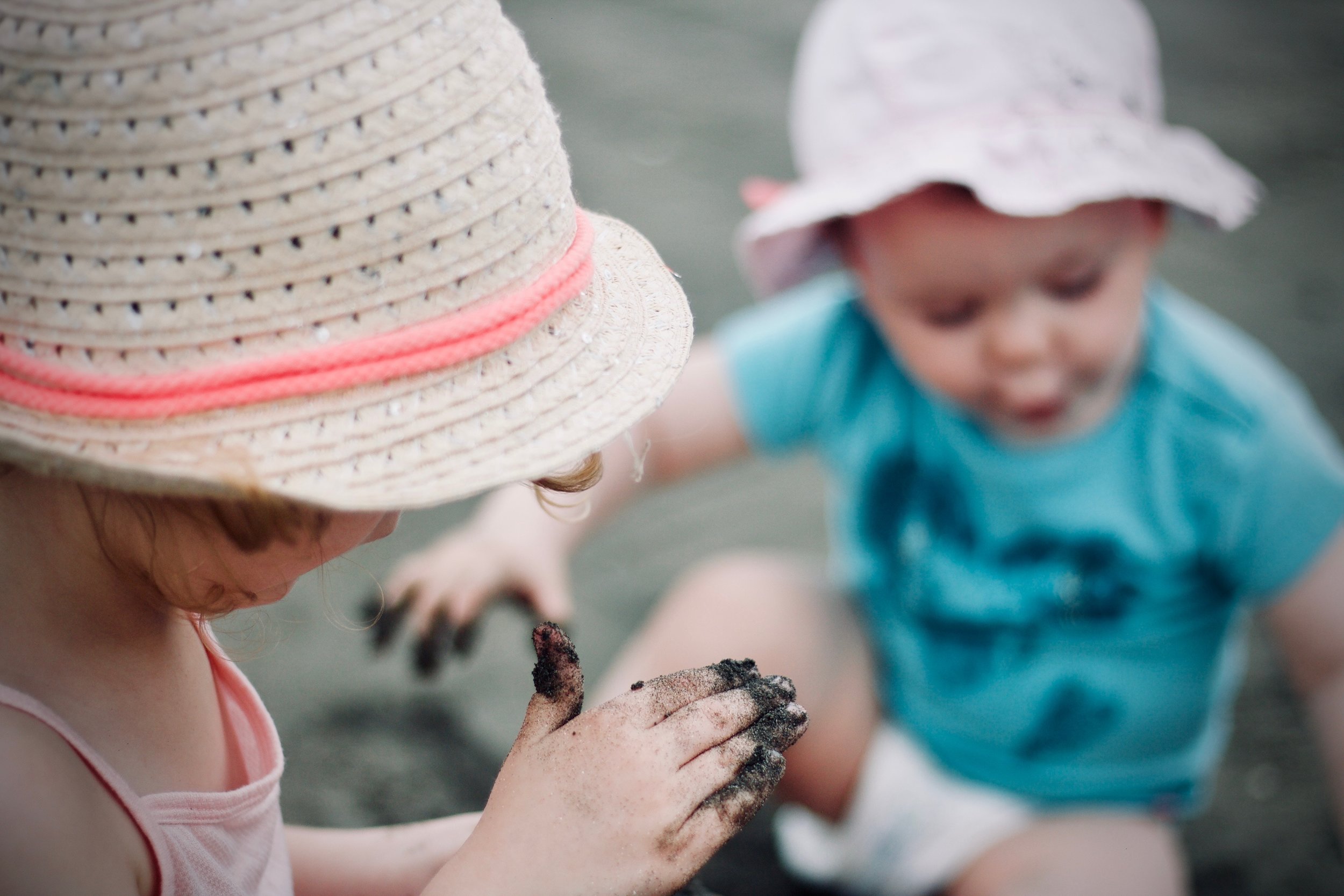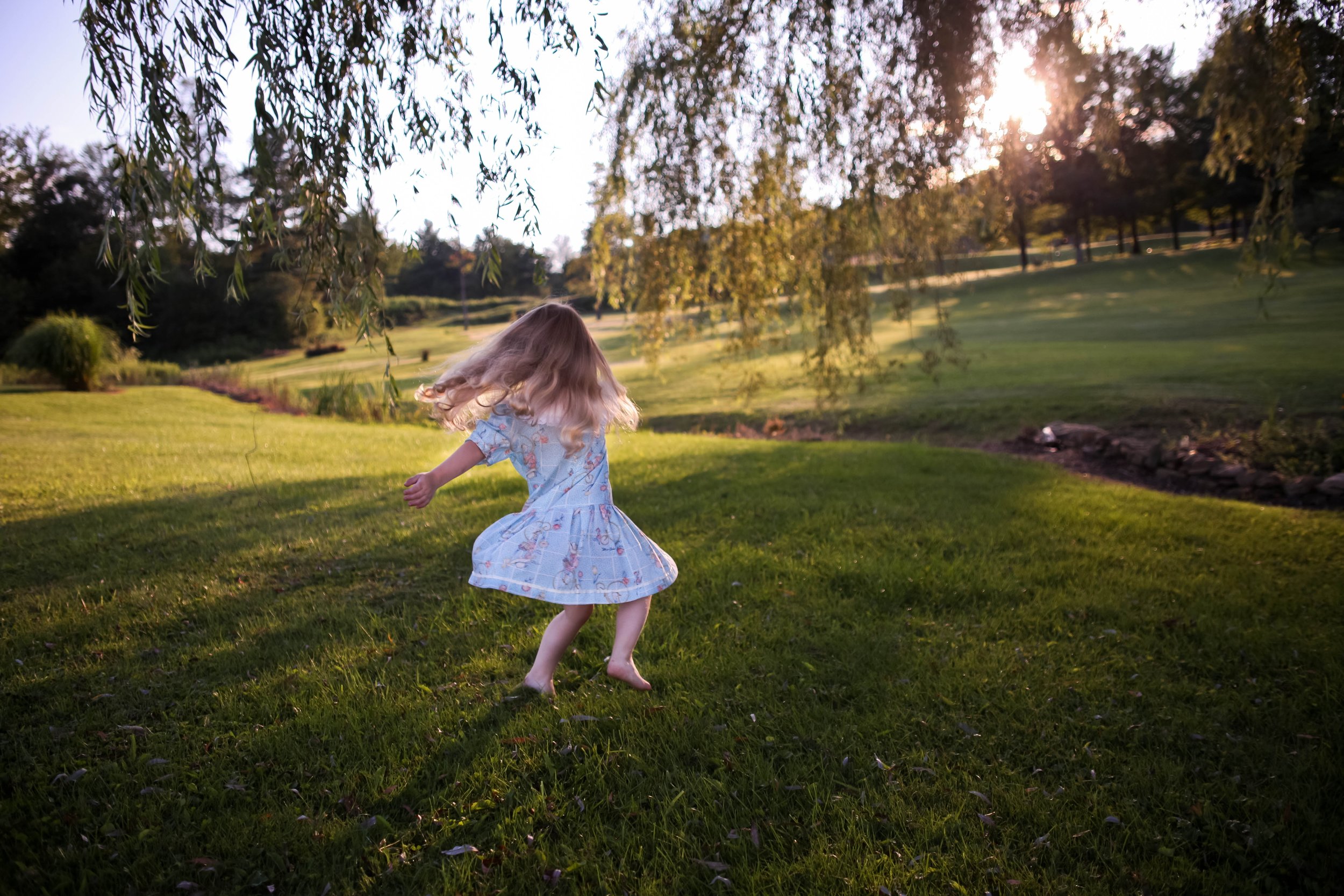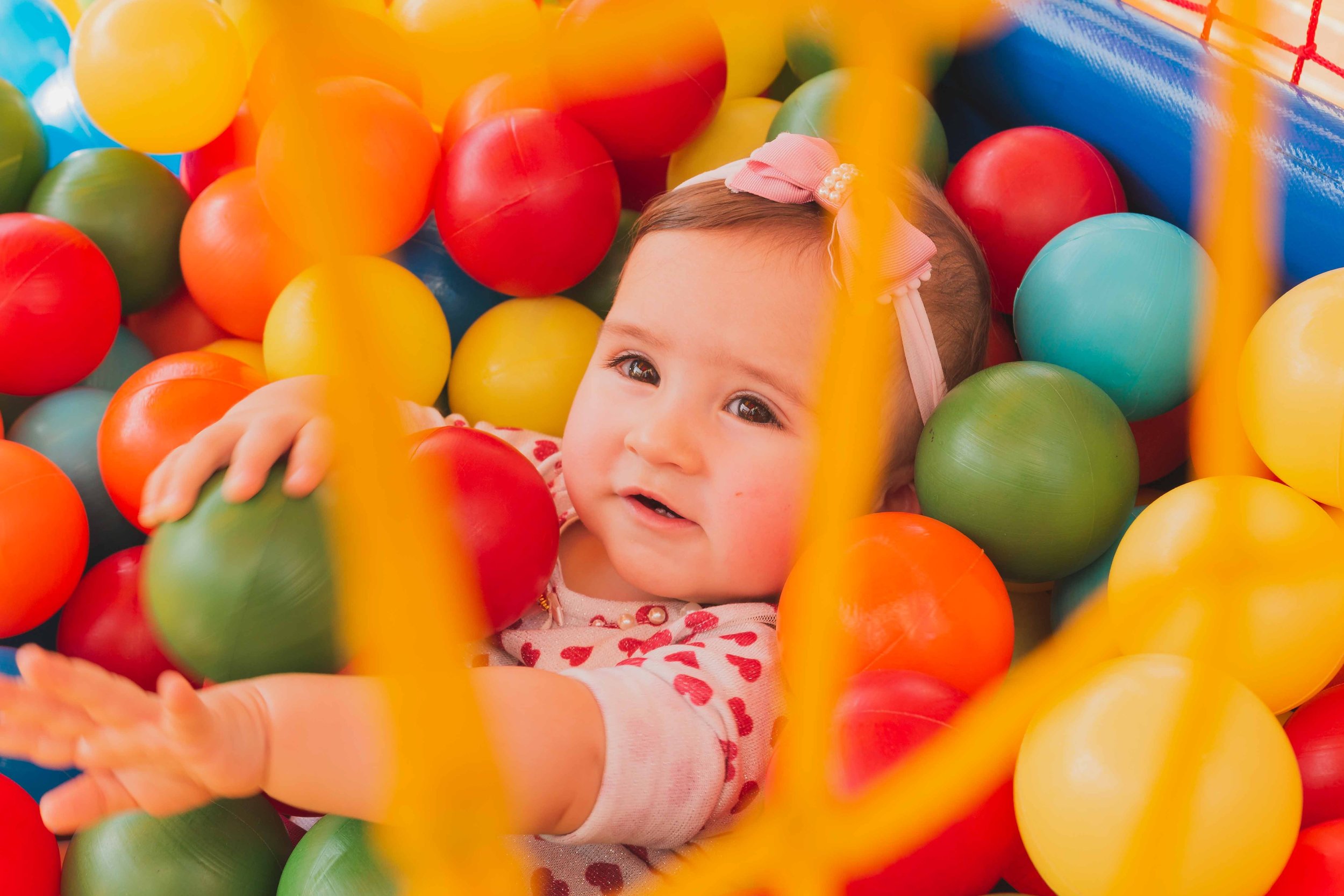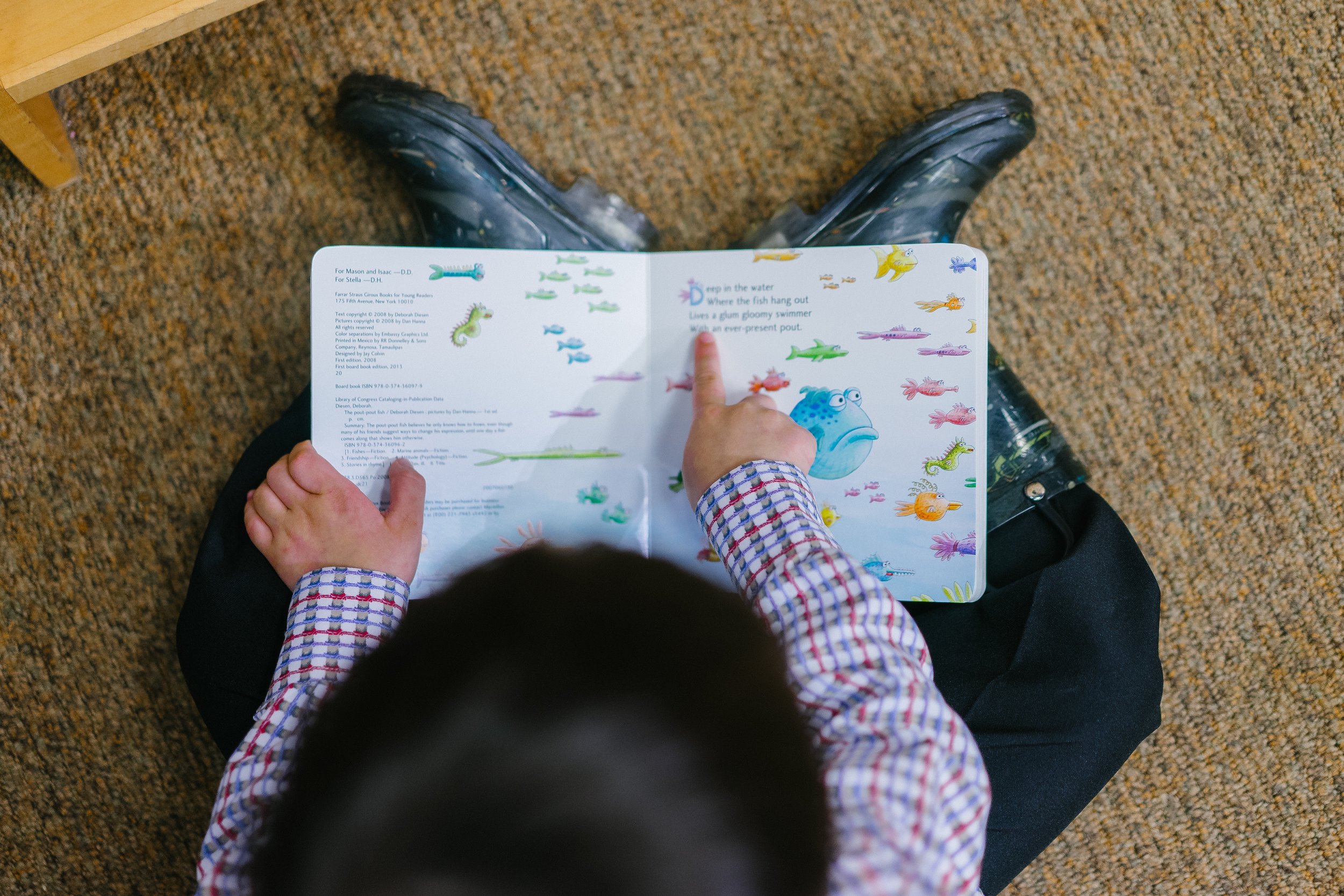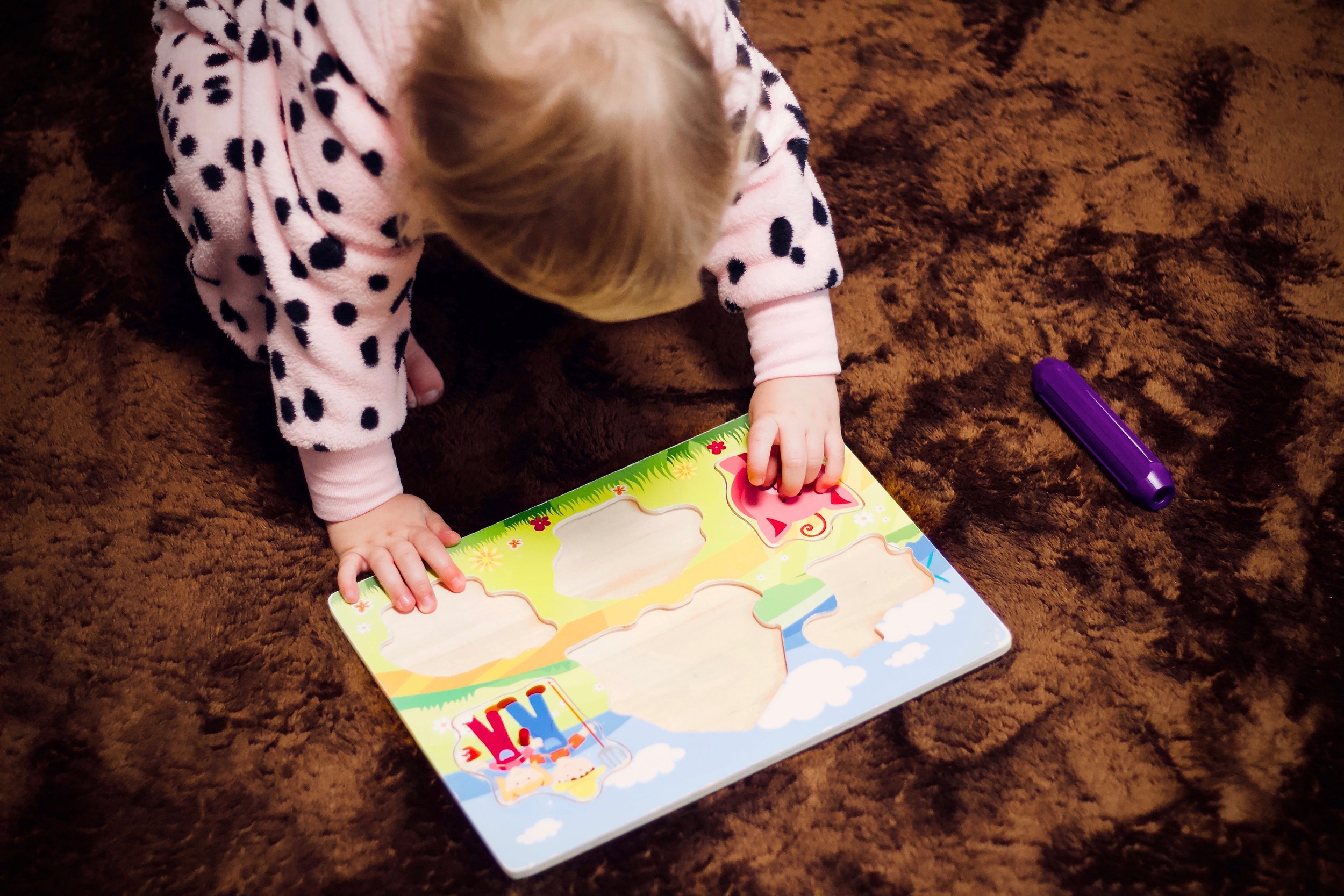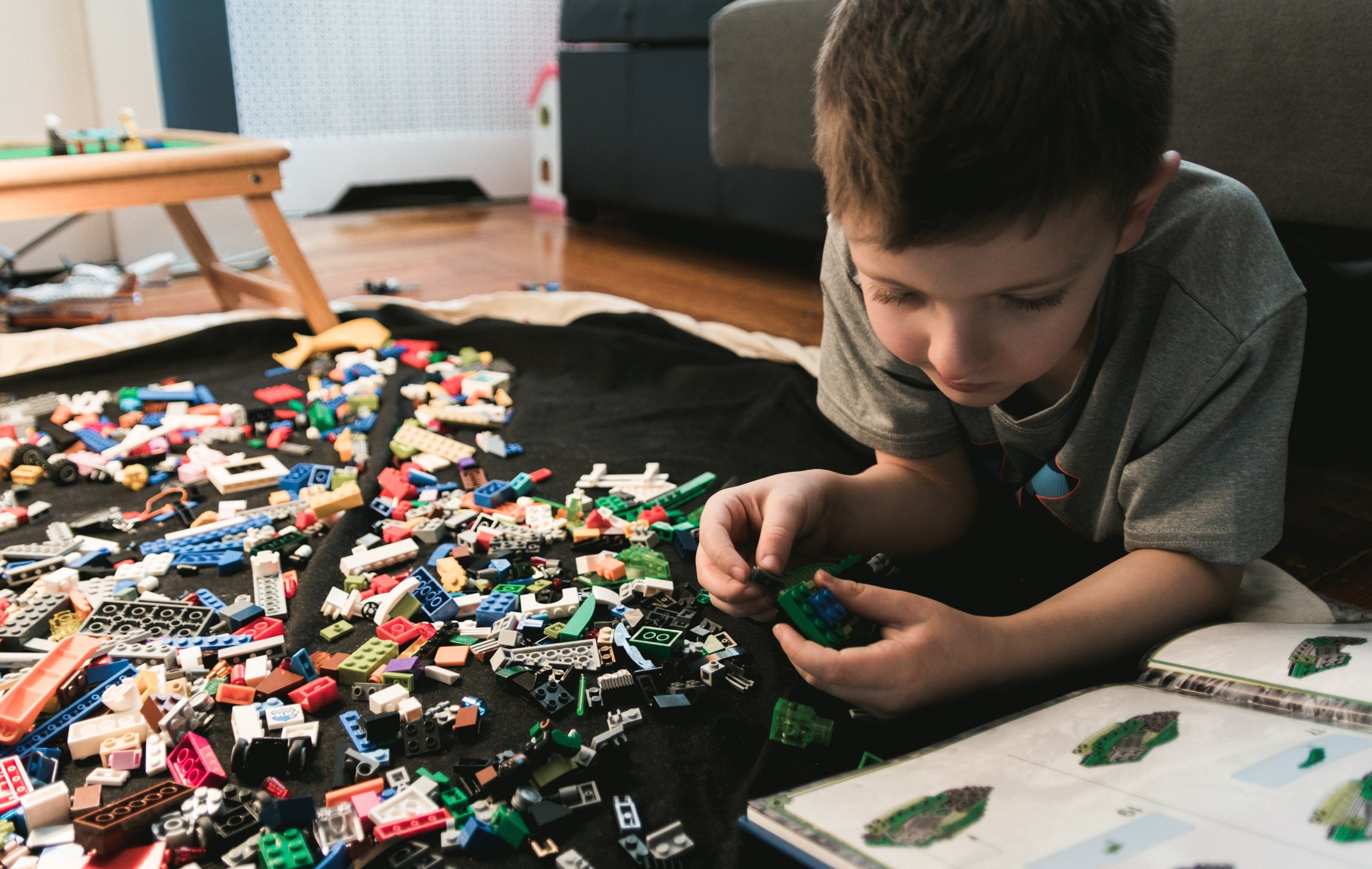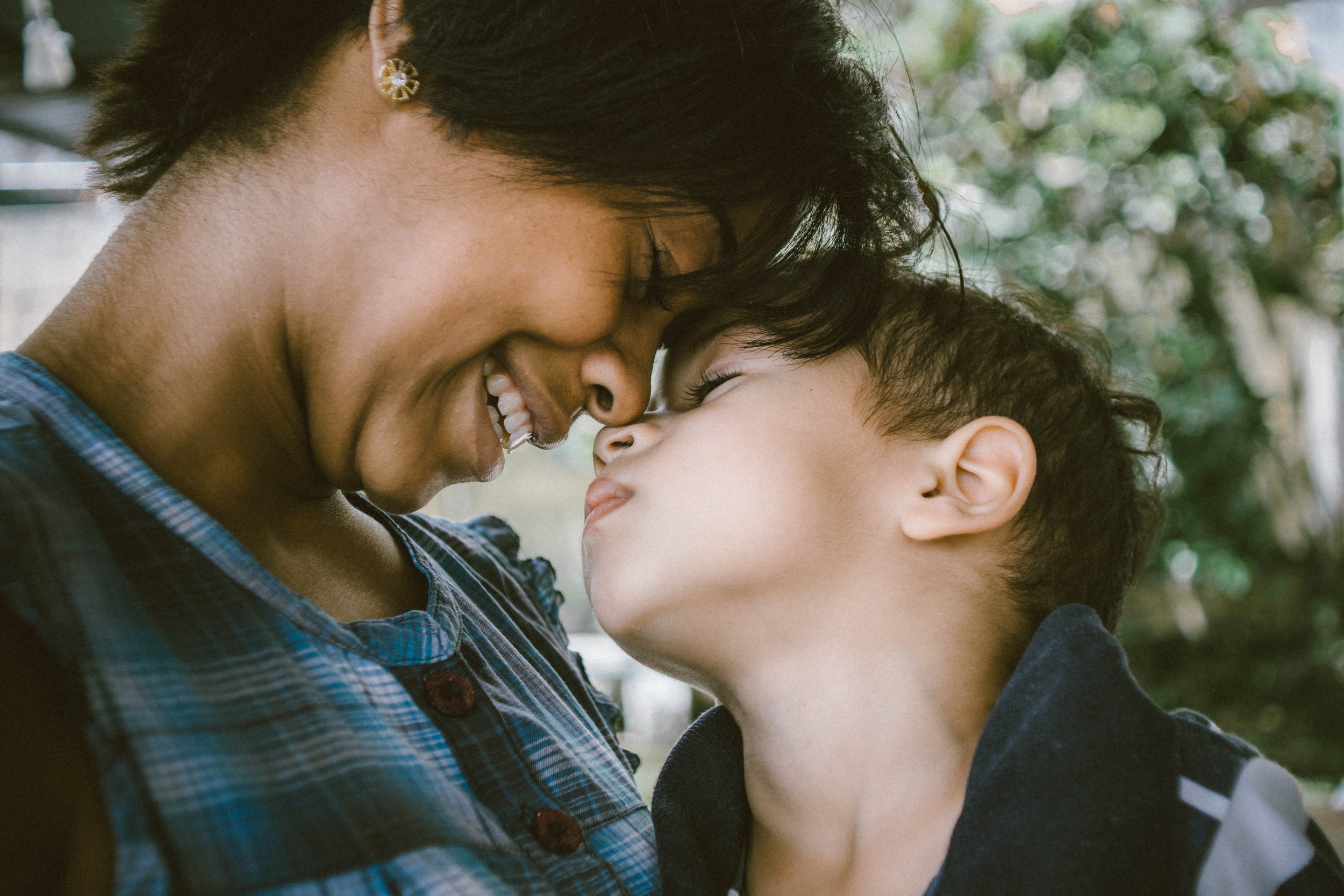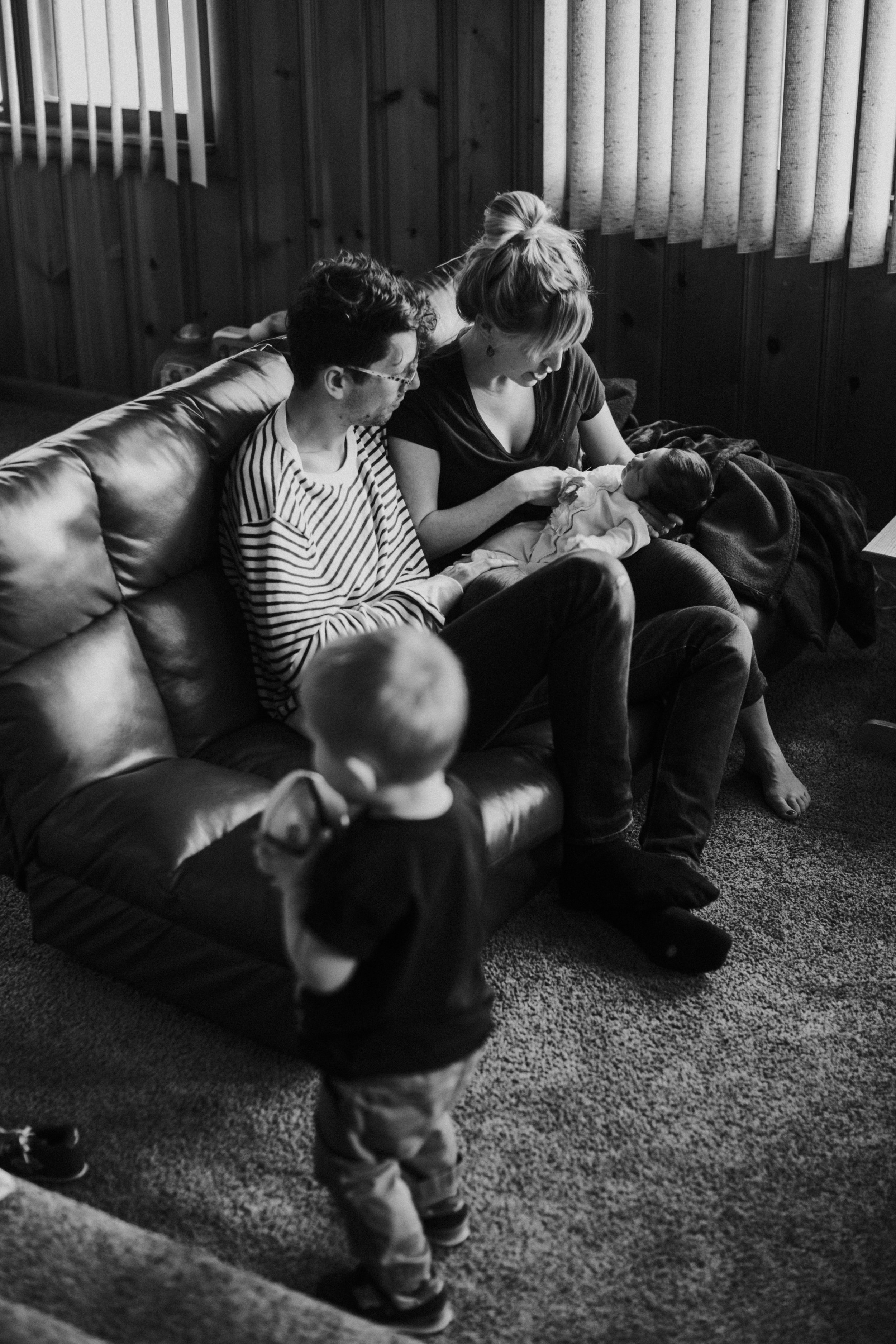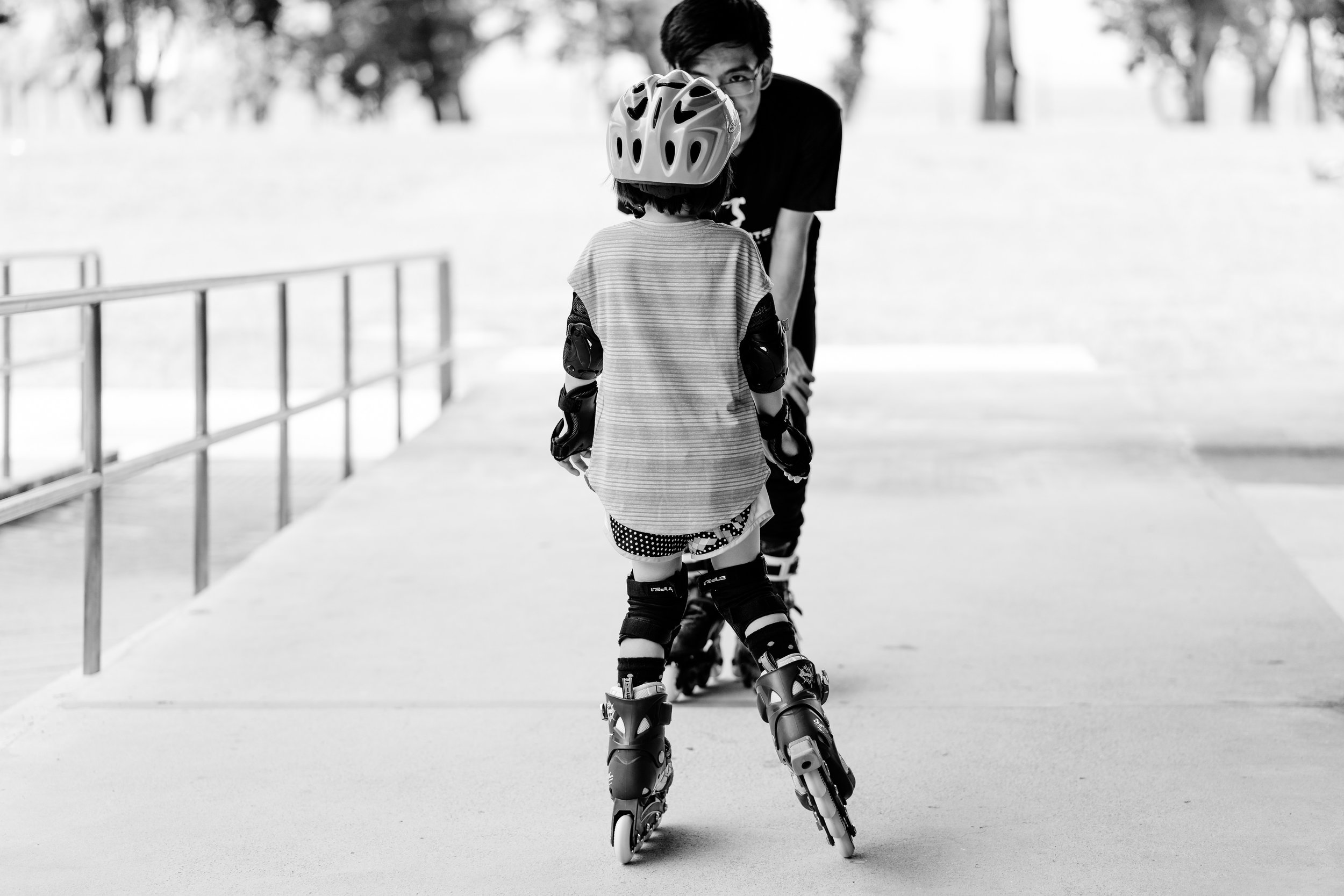play & social interaction skills
Play is a fundamental component of childhood that lays the framework for developmental and educational progressions. Children learn to interact with the world around them through play. They learn about the objects in their environment, the people, and the most efficient and functional ways to engage across school, home, and social settings.
Gross Motor Skills
Gross motor skill development refers to movements of large muscle groups (arms, legs, back, etc.). Coordinated gross motor skills are produced in concert with a child's sensory system and dependent on functional movement patterns, balance, bilateral coordination, postural control, and core strength. Proficiency in gross motor skills impacts cognitive, social, educational, and safety outcomes.
fine motor skills
Fine motor skills involve the use of the smaller muscles of the wrist and hands. They are essential for proficient performance of everyday self-care and academic tasks including dressing, feeding, handwriting/typing, and cutting. Fine motor skill development is built upon eye-hand coordination, adequate sensory processing, sustained attention and focus, visual perception, bilateral coordination, as well as hand strength and finger dexterity.
sensory processing skills
Sensory processing involves the coordinated functioning of the near senses (the vestibular system, proprioception, and the tactile sense) and the more familiar far senses (vision, touch, taste, smell, and hearing) in order to understand and interact with the external environment. Sensory processing is a neurological function that is foundational for body awareness, body control, self-regulation, attention, as well as gross and fine motor skill development. Sensory integration therapy involves movement activities, resistive body work, and more. This approach has been seen to decrease anxiety, increase confident, and promote successful participation in play, school, and self-care activities.
problem-solving & visual perception skills
Visual motor and visual perception skills are foundational for play, school, and handwriting performance. They enable a child to coordinate their eyes and hands to read, write, and sustain attention. Visual problem solving helps to build critical thinking skills, confidence, and resilience.
family support & advocacy
Behavioral support for optimal functioning of the child within the family unit is a critical component of success during occupational therapy treatment. Consistent and frequent collaboration with families regarding their child, and advocacy regarding both the child's and family's needs, is integral to pediatric services.
